| 1. The legislation creating the agency of the Secret Service was on Abraham Lincoln's desk the night he was assassinated. With a reported one third of the currency in circulation being counterfeit at the time, the Secret Service was created on July 5, 1865 in Washington, D.C., to suppress counterfeit currency. The legislation creating the agency was on Abraham Lincoln's desk the night he was assassinated. At the time, the only other federal law enforcement agencies were the United States Park Police, the U.S. Post Office Department's Office of Instructions and Mail Depredations (now known as the United States Postal Inspection Service), and the U.S. Marshals Service. After the assassination of President William McKinley in 1901, Congress informally requested that the Secret Service provide presidential protection. A year later, the Secret Service assumed full-time responsibility for presidential protection. In 1902, William Craig became the first Secret Service agent to die while serving, in a road accident while riding in the presidential carriage. |
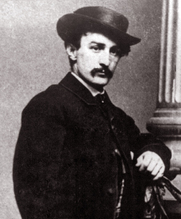
During the play, Booth would direct many of his villainous speeches directly toward the presidential box, prompting a theater companion to tell Lincoln: "He almost seems to be reciting these lines to you."
Lincoln is said to have replied: "He does talk very sharp at me, doesn't he?"
| 3. Mary Surratt was the first woman executed by the United States federal government. An American boarding house owner, she was convicted of taking part in the conspiracy to assassinate President Abraham Lincoln. She was sentenced to death, and hanged. Surratt was the mother of John H. Surratt, Jr., who was later tried but was not convicted of involvement in the assassination. Her lawyer tried to have her sentence reduced to life in prison but President Johnson refused saying Surratt "kept the nest that hatched the egg." Mary Surratt was the first woman in the United States to be executed. At the time, the federal government and most states prevented felony defendants from testifying at their own trials, so Mary Surratt did not have an opportunity to take the stand and defend herself. To this day, questions remain as to her knowledge of and involvement in the plot to assassinate Lincoln. |
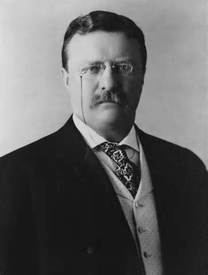
The hair was purchased by John Hay on February 9, 1905, and was given to Roosevelt less than a month later. In his Autobiography, Roosevelt wrote, "When I was inaugurated on March 4, 1905, I wore a ring he (John Hay) sent me the night before, containing the hair of Abraham Lincoln. This ring was on my finger when the Chief Justice administered to me the oath of allegiance to the United States."
| 5. Edwin Booth, the brother of John Wilkes Booth, saved Abraham Lincoln’s son's life from a very severe train accident. Robert Lincoln recalled the incident in a 1909 letter to Richard Watson Gilder, editor of The Century Magazine. The incident occurred while a group of passengers were late at night purchasing their sleeping car places from the conductor who stood on the station platform at the entrance of the car. The platform was about the height of the car floor, and there was of course a narrow space between the platform and the car body. There was some crowding, and I happened to be pressed by it against the car body while waiting my turn. In this situation the train began to move, and by the motion I was twisted off my feet, and had dropped somewhat, with feet downward, into the open space, and was personally helpless, when my coat collar was vigorously seized and I was quickly pulled up and out to a secure footing on the platform. Upon turning to thank my rescuer I saw it was Edwin Booth, whose face was of course well known to me, and I expressed my gratitude to him, and in doing so, called him by name. |
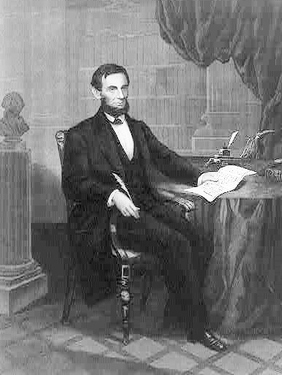
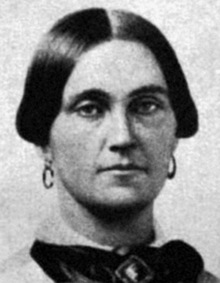
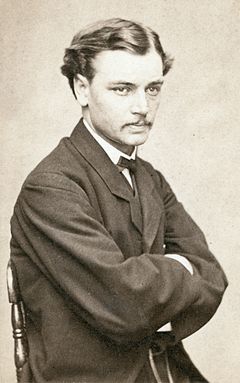
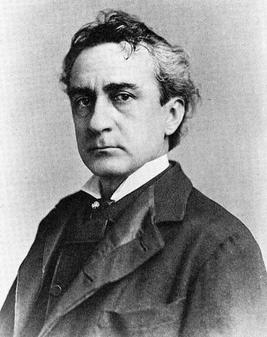

 RSS Feed
RSS Feed